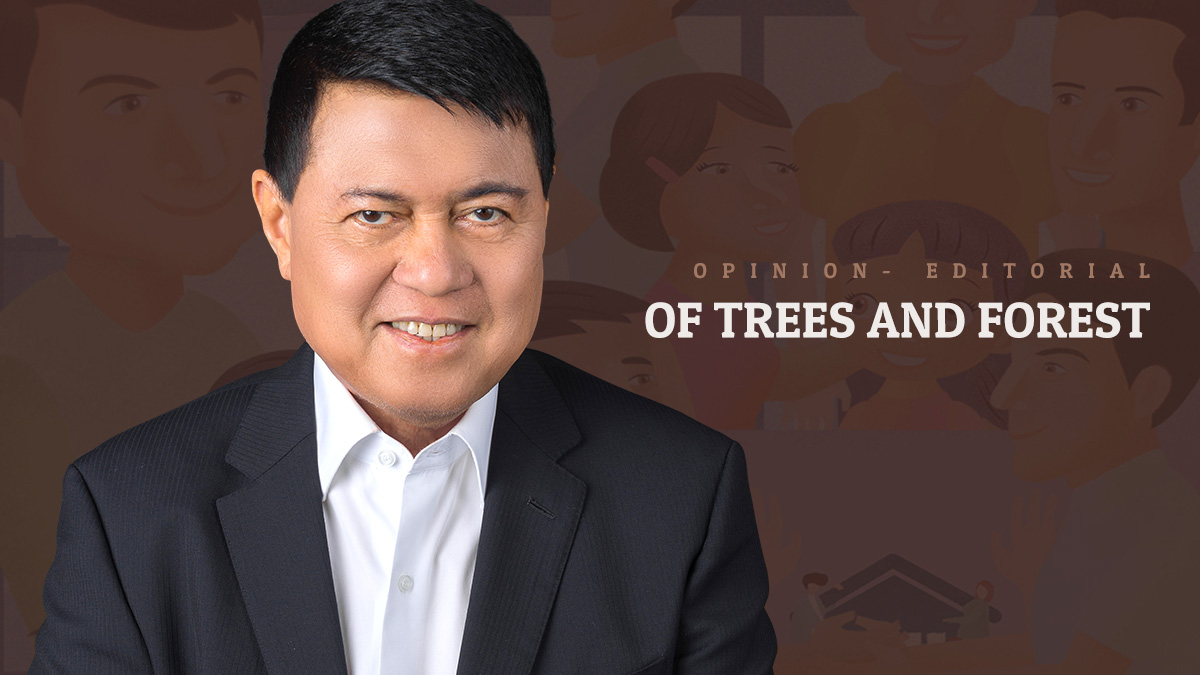
OFWs, Invest!
It’s a heartbreaking story we do not want to hear. A Filipino worker is forced by circumstance to leave his or her family to be able to get a job abroad. OFWs travel to foreign lands, in most cases, to take care of a family of strangers. But this is a choice they make because they want to provide for the future of the country.
In some cases, such heartbreaking stories take a tragic twist when the money earned abroad is misspent and the years spent away from family turn out all for naught. Some spent decades away from their family only to see the money he/she worked hard for disappear.
It is the kind of story we need to work hard to eradicate. It is the kind of story I have worked hard to change in my career as an entrepreneur and as a public servant.
Our OFWs bring massive remittances to the country annually. In 2018, they brought a total of $32.21 billion (P1.7 trillion), essentially as inputs to the Philippine economy. With all the money OFWs earn, how do they use them? How come some still end up in the same dire economic position when they left the country the first time?
Some numbers seem to provide us with answers. According to separate studies by the Bangko Sentral ng Pilipinas (BSP) and the Philippine Statistical Authority (PSA) 66% of OFWs were able to save less than 25 percent of the total amount received, 19.0% were able to save from 25 to 49 percent of it, and 15.0% saved 50 percent or more.
The BSP further noted that 94% used the remittances that they received to purchase food and other household needs. In addition, the proportion of households that allotted part of remittances for education reached 64.1 percent, medical expenses with 46.9 percent, and debt payments with 22.9 percent.
This is the typical way with which OFW families spend remittances here in the country. The same study also showed that 39.4% of OFW households in the country are allocating the remittances they receive to savings, while only 3.8% apportion them for investments.
Saving money and letting that money grow through wise investments is key to addressing the issue of migrant workers in the country. While we tip our hats off to the heroism of our OFWs, we would not want to maintain the status quo for a very long time. We need our workers here. And their loved ones need them here.
Investment for OFWs is an essential tool for them to earn money here. But where should they invest their money? Data shows that of those who do invest, 55% preferred property while 25% preferred getting a franchised business or a start-up, while only 15% invest in money market funds.
We need to improve the financial and entrepreneurial skills of our OFWs. This means that they need to be taught how to make sure that the money they earn goes to something that will grow and will sustain them for a long time.
While there are government and non-government programs to address these skills gaps, we need to do more. This is one of the reasons I have been pushing for the creation of a Cabinet-level Department for OFWs. We need all the resources and authority to help OFWs.
I hope the new batch of elected legislators can get together to make this a reality. If we can help our OFWs in terms of investment and entrepreneurial skills, then we have taken the first important step towards the realization of our dream—that no Filipino should be forced to leave his loved ones in order to feed them.





